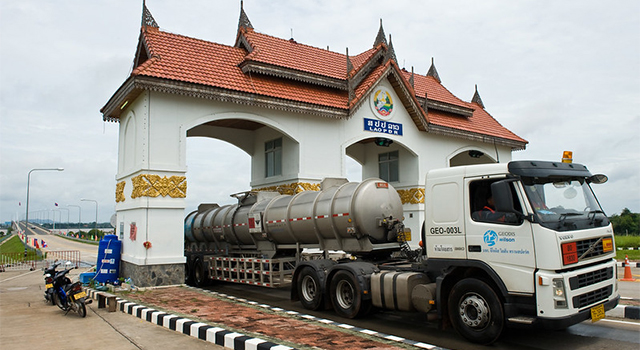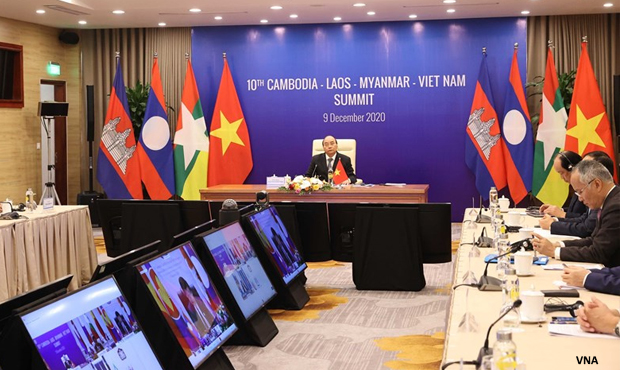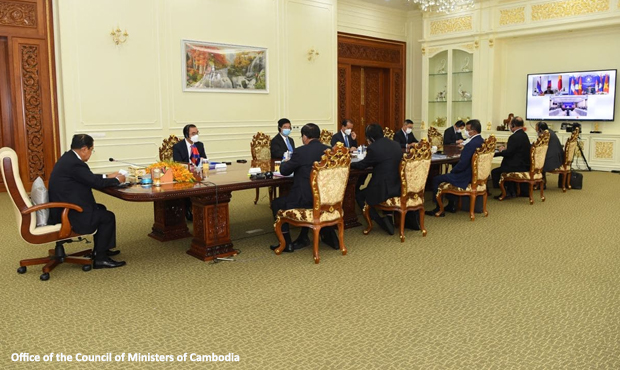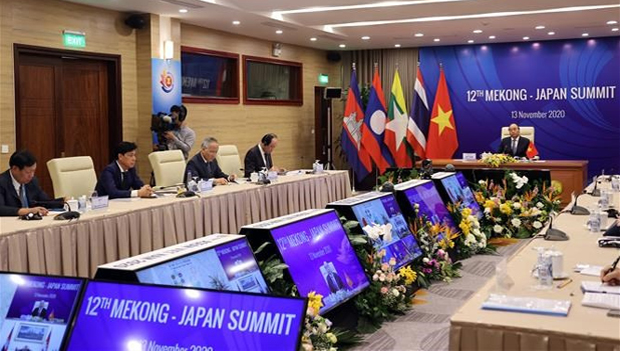Pandemic partners: Regional cooperation has helped Asia and the Pacific mitigate and recover from COVID-19
The region’s success with decades of growth and poverty reduction is due in large part to the international movement of trade, capital, people, knowledge, and resources – not only within the region but with the rest of the world. This type of regional cooperation is also a powerful tool in addressing the pandemic.









